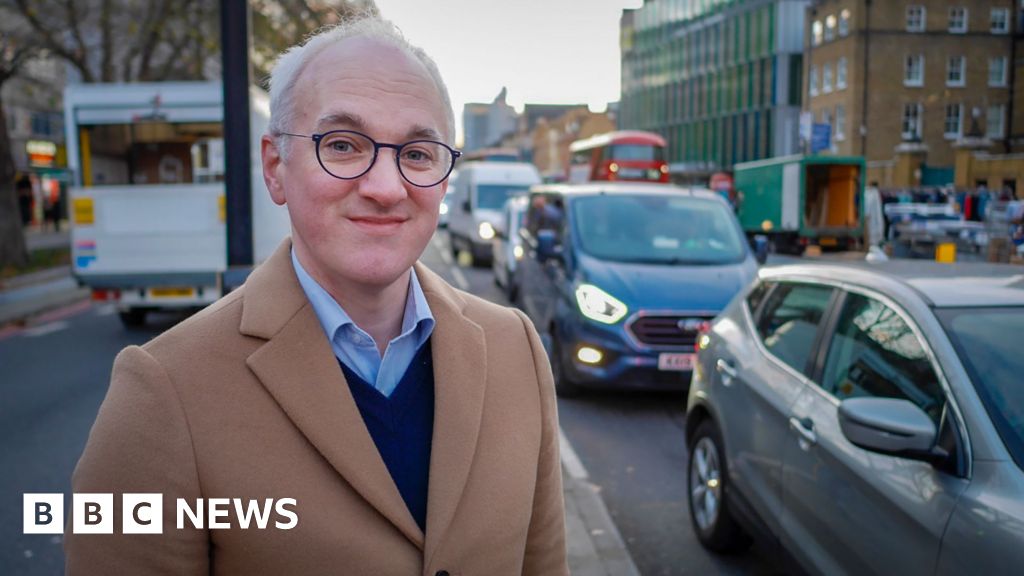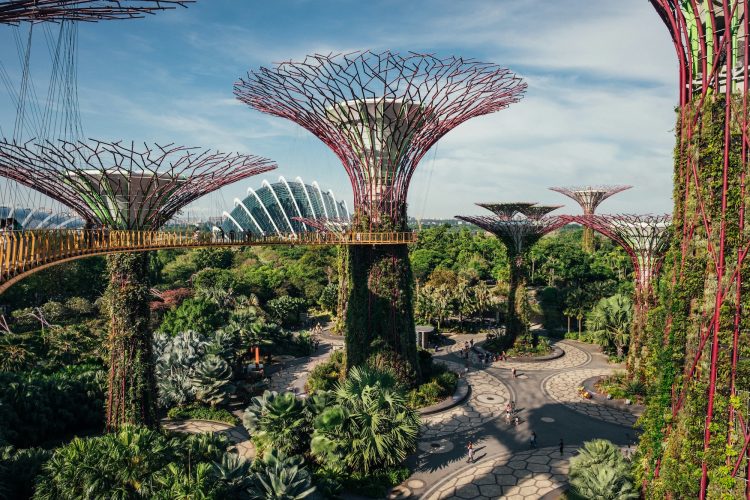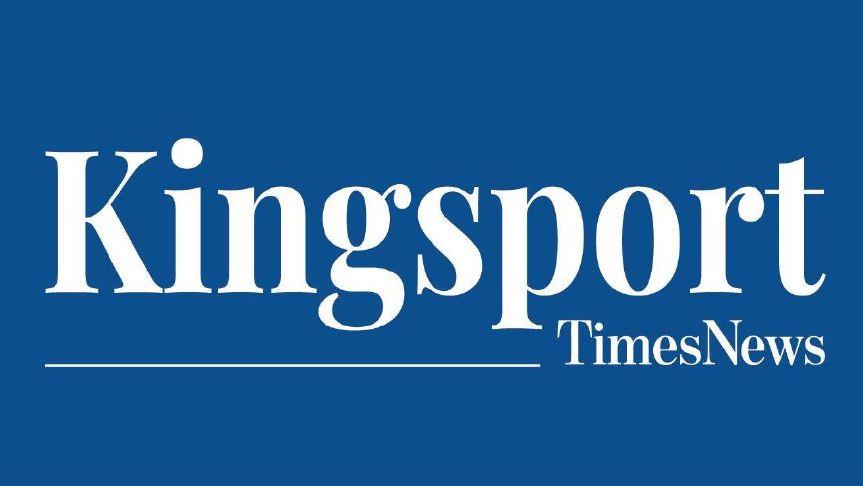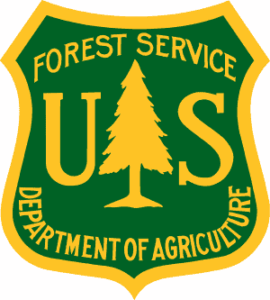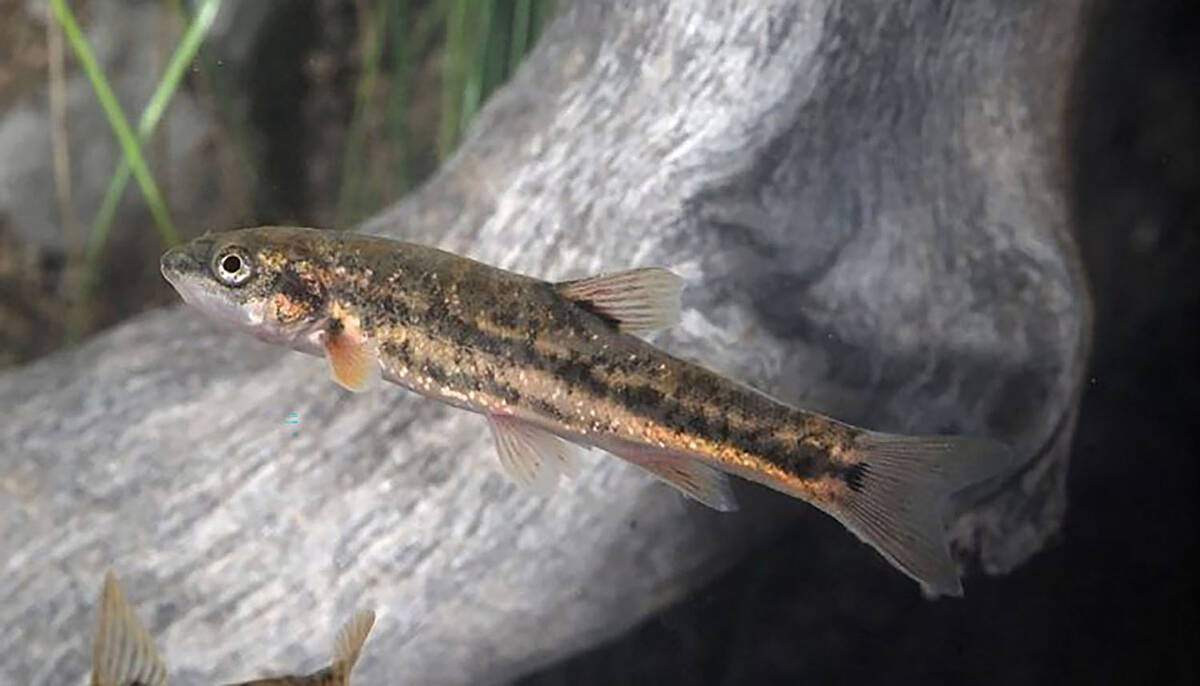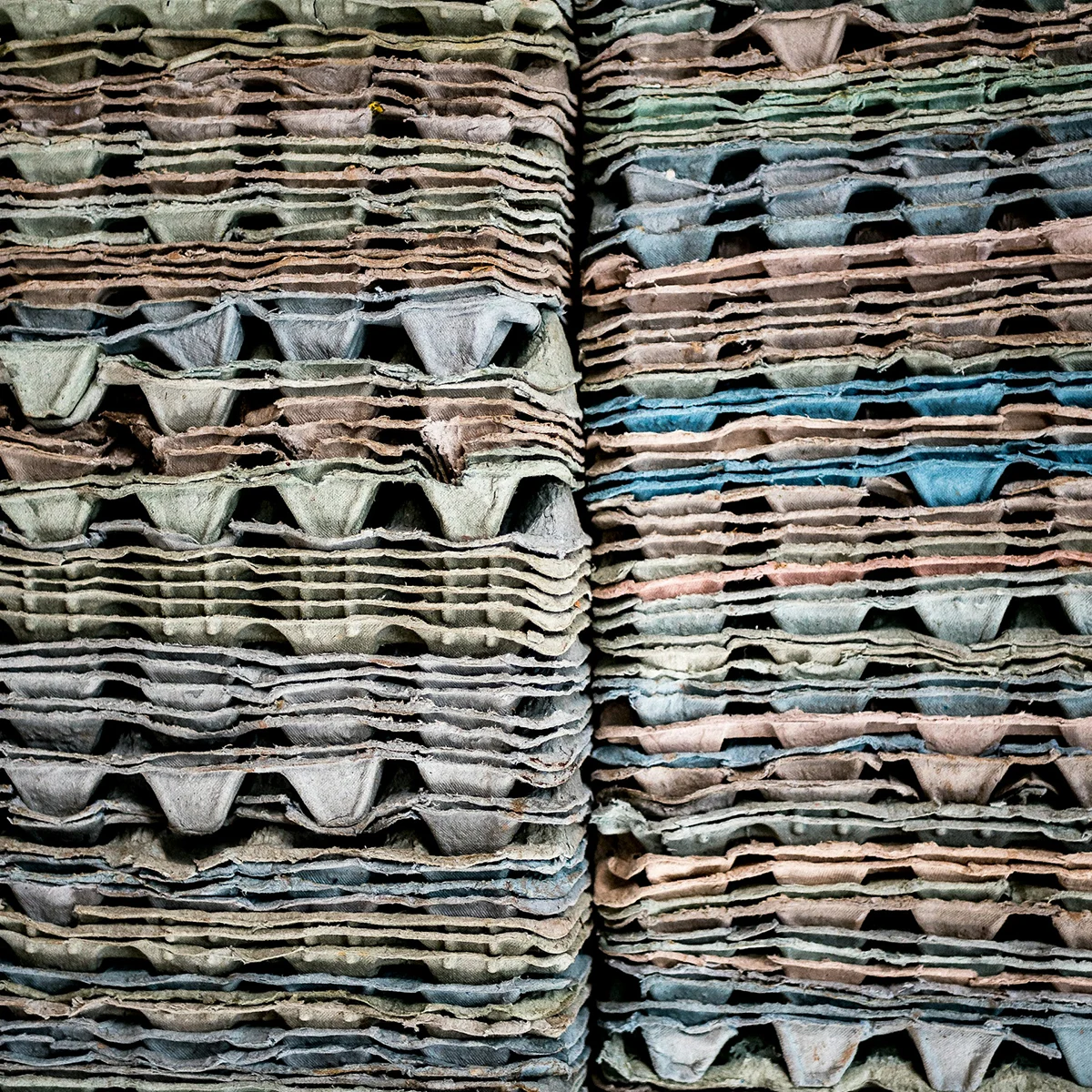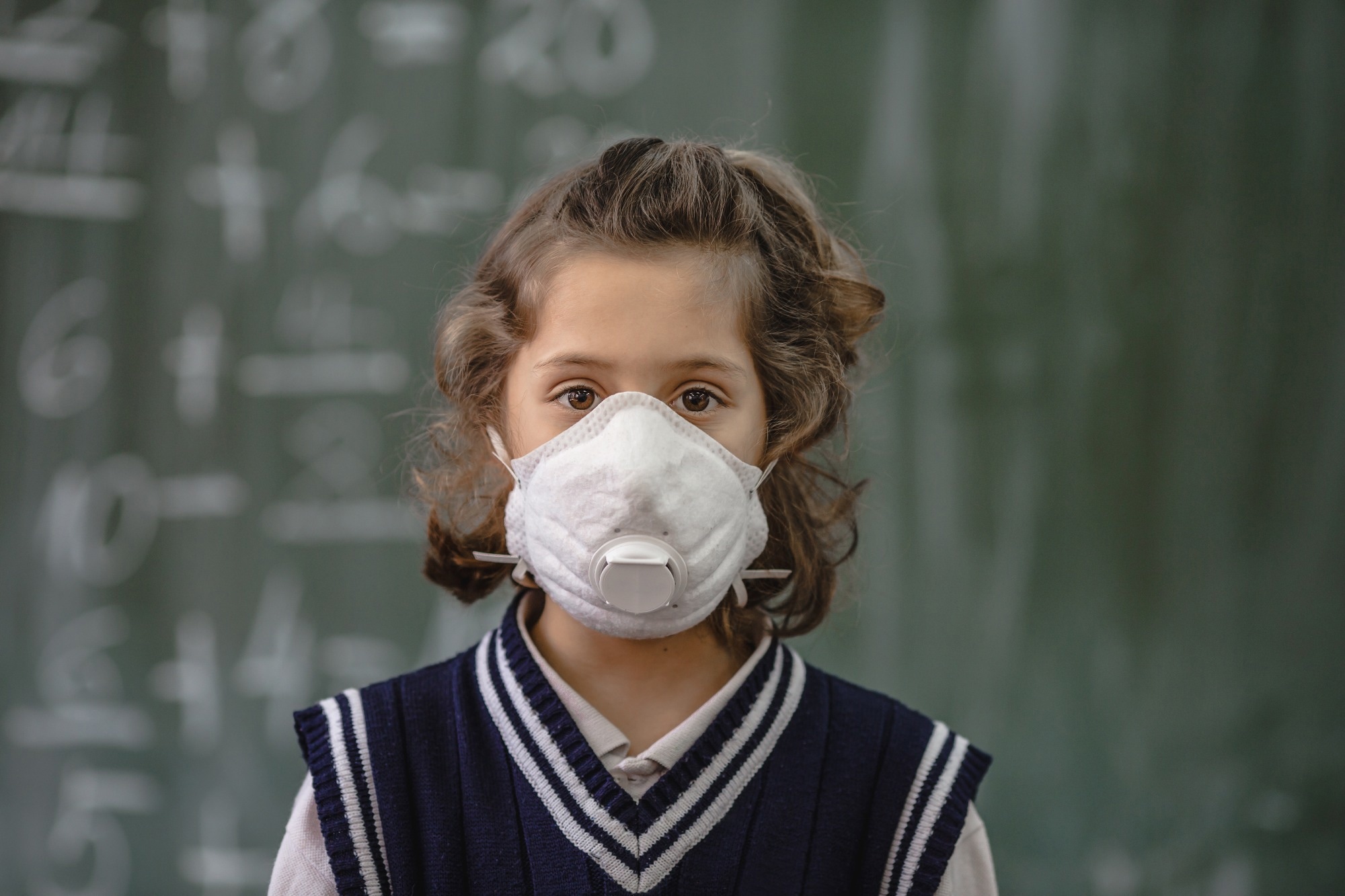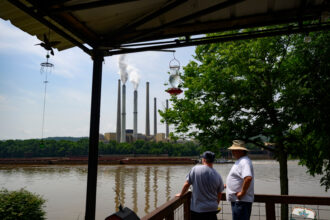Fish drying land tagged slum ‘to favour bldr’: Khar Kolis to HC – Times of India

Koli Community’s Legal Challenge Over Land Rights and Sustainable Livelihoods
Introduction
Two societies representing the Danda Koliwada fishing community in Khar, Mumbai, have initiated legal proceedings in the Bombay High Court. The petition challenges a Slum Rehabilitation Authority (SRA) order that re-designates 3,450 square meters of land, traditionally used for fish drying, as a slum rehabilitation area. This action is viewed by the community as a direct threat to their livelihood, cultural heritage, and fundamental rights, raising significant concerns related to several Sustainable Development Goals (SDGs), including SDG 1 (No Poverty), SDG 8 (Decent Work and Economic Growth), SDG 11 (Sustainable Cities and Communities), and SDG 14 (Life Below Water).
Background of the Dispute
The core of the conflict is the SRA Chief Executive Officer’s order dated May 17, 2022, which declared the specified land a slum rehabilitation area following an application by a private developer, Jesani Realty Pvt Ltd. The petitioners, Danda Koli Masemari Vyavasayik Sahakari Maryadit and Danda Koli Samaj, argue that this order directly contravenes the land’s official designation under sanctioned Development Plans (DPs) as a reserved fish drying yard. This unilateral reclassification undermines the principles of inclusive and sustainable urban planning as outlined in SDG 11 by prioritizing development interests over the established rights and economic needs of a traditional community.
Core Arguments and Sustainable Development Goal Implications
The community’s petition highlights several violations that conflict with the global agenda for sustainable development.
- Violation of Livelihoods and Economic Rights (SDG 1 & SDG 8): The petitioners state the land is their “sole means of livelihood.” Removing access to this essential infrastructure for drying fish threatens the economic viability of the entire community, potentially pushing families towards poverty and undermining their right to decent work.
- Undermining Urban Sustainability and Community Heritage (SDG 11): The SRA’s decision to re-designate reserved community land without adequate consultation disregards the importance of protecting cultural heritage and traditional economic activities within urban centers. A truly sustainable city must safeguard the rights and spaces of its indigenous and long-standing communities.
- Threat to Marine-Dependent Communities (SDG 14): The fishing industry is intrinsically linked to marine ecosystems. By disrupting the land-based infrastructure crucial for the Koli community’s fishing activities, the order indirectly threatens the sustainability of a community that relies on marine resources for its existence.
- Violation of Fundamental and Procedural Rights (SDG 10 & SDG 16): The petition assails the SRA order as “arbitrary, unilateral,” and a violation of Articles 14 (equality) and 21 (life). This points to a failure of institutional accountability and justice, exacerbating inequalities by favoring commercial interests over a marginalized community. The alleged failure to follow procedures under the Maharashtra Regional and Town Planning Act further undermines the goal of building strong and just institutions.
Historical Context of Land Reservation
The legal status of the land has been subject to several official reviews, which the petitioners argue support their case.
- 1991 Development Plan: A portion of the land was reserved for ‘Koli housing’ under the sanctioned DP.
- May 2008: The Brihanmumbai Municipal Corporation (BMC) removed the ‘Koli housing’ reservation, reaffirming the land’s original reservation as a fish and net drying yard.
- 2018: A modification was sought in DP 2034 to change the reservation from fish drying to ‘Koli housing’ and ‘housing’. This was challenged by the Koli community.
- September 2022: The urban development department issued a notification refusing to sanction the proposed change of reservation, thereby officially upholding the land’s status as a fish and net drying yard. This occurred after the SRA had already declared it a slum area.
Demands and Desired Outcomes
In their petition to the High Court, the societies seek specific remedies to protect their rights and ensure sustainable governance.
- To quash the SRA CEO’s order of May 17, 2022.
- To restrain the SRA and associated developers from demolishing any structures used for fish drying and related activities.
- A directive for the BMC, the fisheries department, and the collector to conduct a formal survey and clearly demarcate the boundaries of the entire Khar Koliwada area to prevent future encroachment.
The case, which is pending a hearing, represents a critical juncture for urban planning in Mumbai, testing the city’s commitment to achieving Sustainable Development Goals by balancing development with the preservation of traditional livelihoods and community rights.
Analysis of SDGs, Targets, and Indicators
1. Which SDGs are addressed or connected to the issues highlighted in the article?
-
SDG 1: No Poverty
The article highlights a direct threat to the livelihood of the Khar Danda Koliwada fishing community. The land in question is described as their “sole means of livelihood.” Losing this land, which is essential for drying fish, could severely impact their income and push them towards poverty.
-
SDG 8: Decent Work and Economic Growth
The core conflict revolves around the protection of a traditional occupation. The fishing and fish drying activities represent the work and economic foundation of the Koli community. The SRA’s order threatens this sustained economic activity and the decent work it provides for the community members.
-
SDG 11: Sustainable Cities and Communities
This goal is central to the article, which discusses urban planning (Development Plans), land use designation (fish drying yard vs. slum rehabilitation area), and the rights of an indigenous community within a major city. The community’s struggle is about ensuring their city is inclusive and that planning processes do not undermine their heritage and livelihood.
-
SDG 14: Life Below Water
The issue is directly linked to small-scale artisanal fisheries. The land for drying fish is a critical post-harvest infrastructure for the Koli community. Protecting this land is essential for the viability of their fishing operations and for providing them access to markets, which is a key aspect of sustainably managing marine resources.
-
SDG 16: Peace, Justice and Strong Institutions
The Koli community is seeking legal recourse through the Bombay High Court to challenge what they perceive as an “arbitrary, unilateral” order by a state authority (SRA). This demonstrates a pursuit of justice, accountability, and the rule of law. The case questions the fairness and inclusivity of institutional decision-making processes.
2. What specific targets under those SDGs can be identified based on the article’s content?
-
Target 1.4: Equal rights to economic resources and control over land
By 2030, ensure that all men and women, in particular the poor and the vulnerable, have equal rights to economic resources, as well as access to basic services, ownership and control over land. The article shows the Koli community fighting for their “long-standing rights” and control over the 3,450sqm of land reserved for their livelihood, which is an essential economic resource for them.
-
Target 11.3: Inclusive and sustainable urbanization and planning
By 2030, enhance inclusive and sustainable urbanization and capacity for participatory, integrated and sustainable human settlement planning and management. The community’s claim that the SRA’s order was “unilateral” and “failed to consider [their] objections” points to a lack of participatory and inclusive planning in the city’s development process.
-
Target 14.b: Provide access for small-scale artisanal fishers to marine resources and markets
Provide access for small-scale artisanal fishers to marine resources and markets. The fish drying yard is a crucial piece of infrastructure that allows the Koli community, who are small-scale fishers, to process their catch and access markets. The SRA’s order directly threatens this access.
-
Target 16.3: Promote the rule of law and ensure equal access to justice
Promote the rule of law at the national and international levels and ensure equal access to justice for all. The societies representing the Koli community have “moved Bombay high court” to challenge the SRA’s order, which they believe is a “clear violation of the petitioners’ fundamental rights.” This is a direct action to seek justice and uphold the rule of law.
-
Target 16.7: Ensure responsive, inclusive, and participatory decision-making
Ensure responsive, inclusive, participatory and representative decision-making at all levels. The article implies a failure of this target, as the community alleges the SRA’s decision was made “by favouring the developer” and did not properly consider their objections or the land’s reservation status in the sanctioned Development Plan (DP).
3. Are there any indicators mentioned or implied in the article that can be used to measure progress towards the identified targets?
-
Indicator for Target 1.4:
The article implies an indicator related to the security of land tenure. The legal dispute over the 3,450sqm plot of land serves as a qualitative indicator of insecure land tenure for a vulnerable community whose livelihood depends on it. The outcome of the High Court case will determine whether their rights to control this economic resource are upheld.
-
Indicator for Target 14.b:
An implied indicator is the continued existence and operational capacity of essential post-harvest infrastructure (like the fish drying yard) for small-scale fishers. The threat of demolition of “structures used for drying activities” can be seen as a negative measure against this indicator.
-
Indicator for Target 16.3:
The filing of the petition in the High Court is itself an indicator. It measures the proportion of a population who have brought a dispute before a formal justice mechanism. The community is actively using the legal system to resolve a grievance against a public authority.
-
Indicator for Target 16.7:
A qualitative indicator is the extent to which decisions are perceived as responsive and inclusive. The article provides evidence of a non-inclusive process through the community’s claim that the SRA order “failed to consider [their] objections” and was “unilateral.” The legal challenge questions the responsiveness of the SRA’s decision-making process.
4. Summary Table of Findings
| SDGs, Targets and Indicators | Targets | Indicators (as identified in the article) |
|---|---|---|
| SDG 1: No Poverty | 1.4: Ensure equal rights to economic resources, including control over land. | The legal dispute over the 3,450sqm plot of land, which is the community’s “sole means of livelihood.” |
| SDG 11: Sustainable Cities and Communities | 11.3: Enhance inclusive and sustainable urbanization and participatory planning. | The community’s claim that the SRA’s order was “unilateral” and failed to consider their objections to the change in the Development Plan. |
| SDG 14: Life Below Water | 14.b: Provide access for small-scale artisanal fishers to marine resources and markets. | The existence of the fish drying yard as essential infrastructure for the fishing community to process and market their catch. |
| SDG 16: Peace, Justice and Strong Institutions | 16.3: Promote the rule of law and ensure equal access to justice. 16.7: Ensure responsive, inclusive, and participatory decision-making. |
The filing of a petition in the Bombay High Court to challenge the SRA’s order. The claim that the decision was made without considering the community’s objections. |
Source: timesofindia.indiatimes.com
What is Your Reaction?
 Like
0
Like
0
 Dislike
0
Dislike
0
 Love
0
Love
0
 Funny
0
Funny
0
 Angry
0
Angry
0
 Sad
0
Sad
0
 Wow
0
Wow
0
